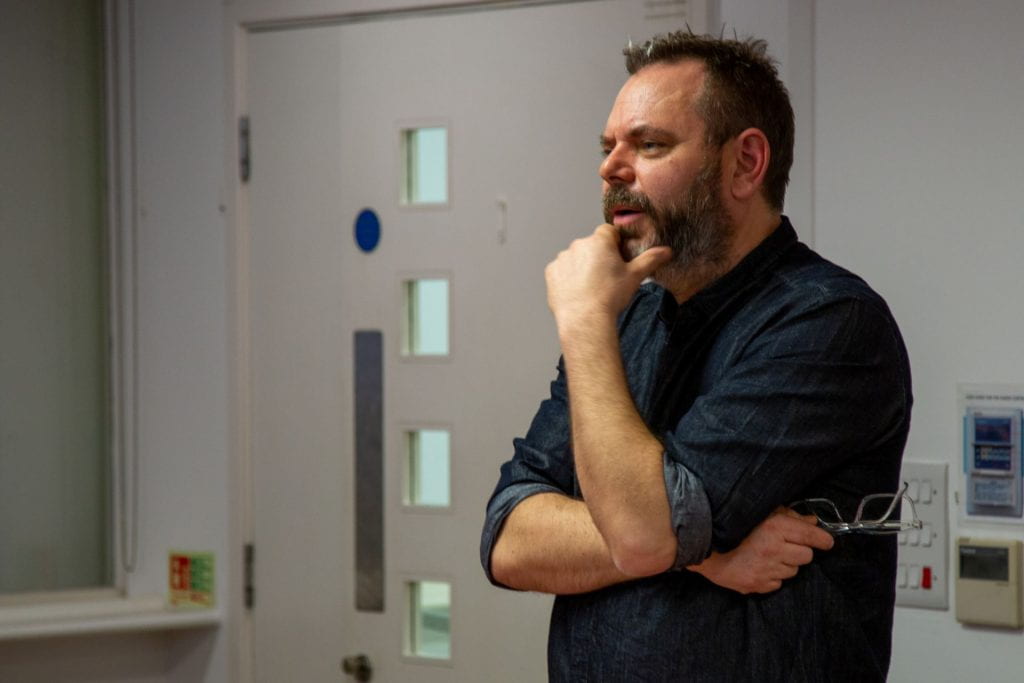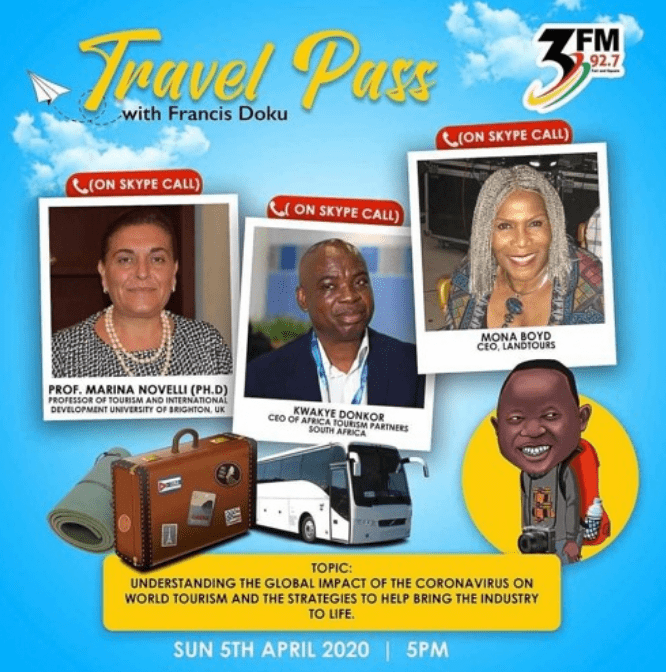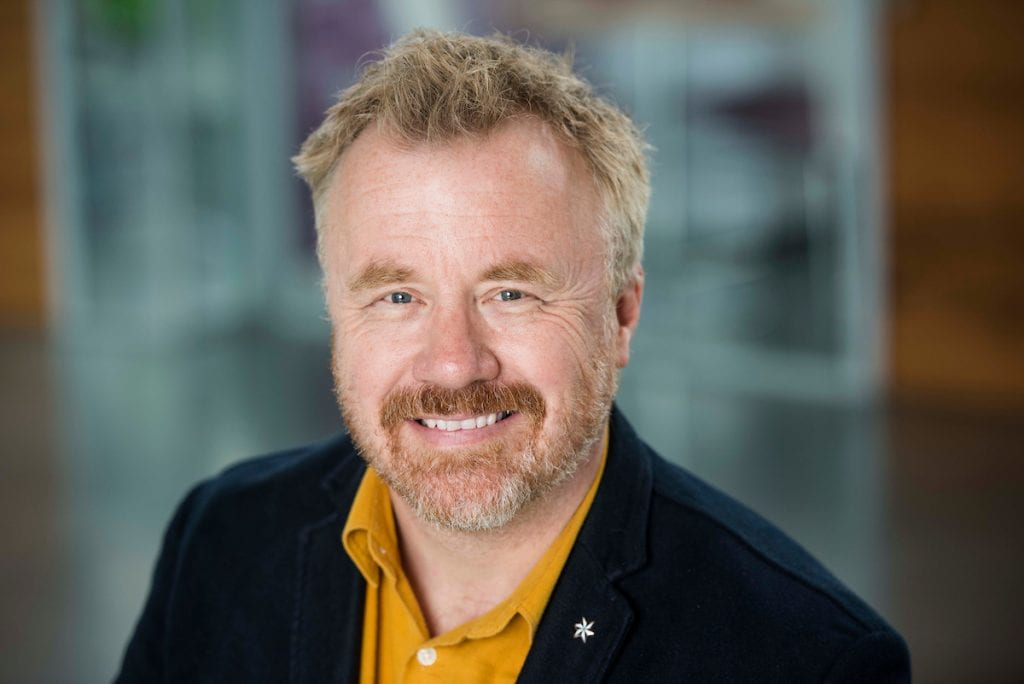
Nick Gant, Principal Lecturer in the School of Architecture and Design, has been using technology to continue with a co-learning research consultancy project with creative leaders across 10 African countries. The Circular Design Lab project, commissioned by the Ellen MacArthur Foundation and the British Council, is continuing by way of open mapping and community connection software on the creative agency Community21. It has been exploring remote community networking across ‘multi-local’ communities for 10 years.
Nick, founder of the creative agency Community21, said:
“As the crisis has unfolded our methods have not changed, whilst access to materials and interactions on the ground in the different countries have changed radically.
During April, I am communicating with networks in Nigeria and Sierra Leone to exchange experiences of the virus’ impact to grassroots sustainable development there.
And last week we were given access to recent images of a project in South Africa where our students and staff have been remotely co-learning how to transform waste into new opportunities for social cohesions, education and cultural engagement, as well as economic opportunities, over the last four years.”
Nick’s colleague Stefano Santilli in the School of Art presented this work, co-developed with Dr Ryan Woodard, last month at Making Futures Conference in the Philippines. His trip was funded by the British Council and he made it back the day before the lockdown.
“We are feeding these findings back through a range of research fora – but our students (on 3D, MA Sustainable Design and Product Design) are benefiting from these ‘live’ projects that explore remote knowledge nets for productive communities of practice too.
We are planning a new open project for students across the school next year which will link students to this network which will enable the testing of remote knowledge exchange to the network including 50 schools across Malawi and Mozambique.”




